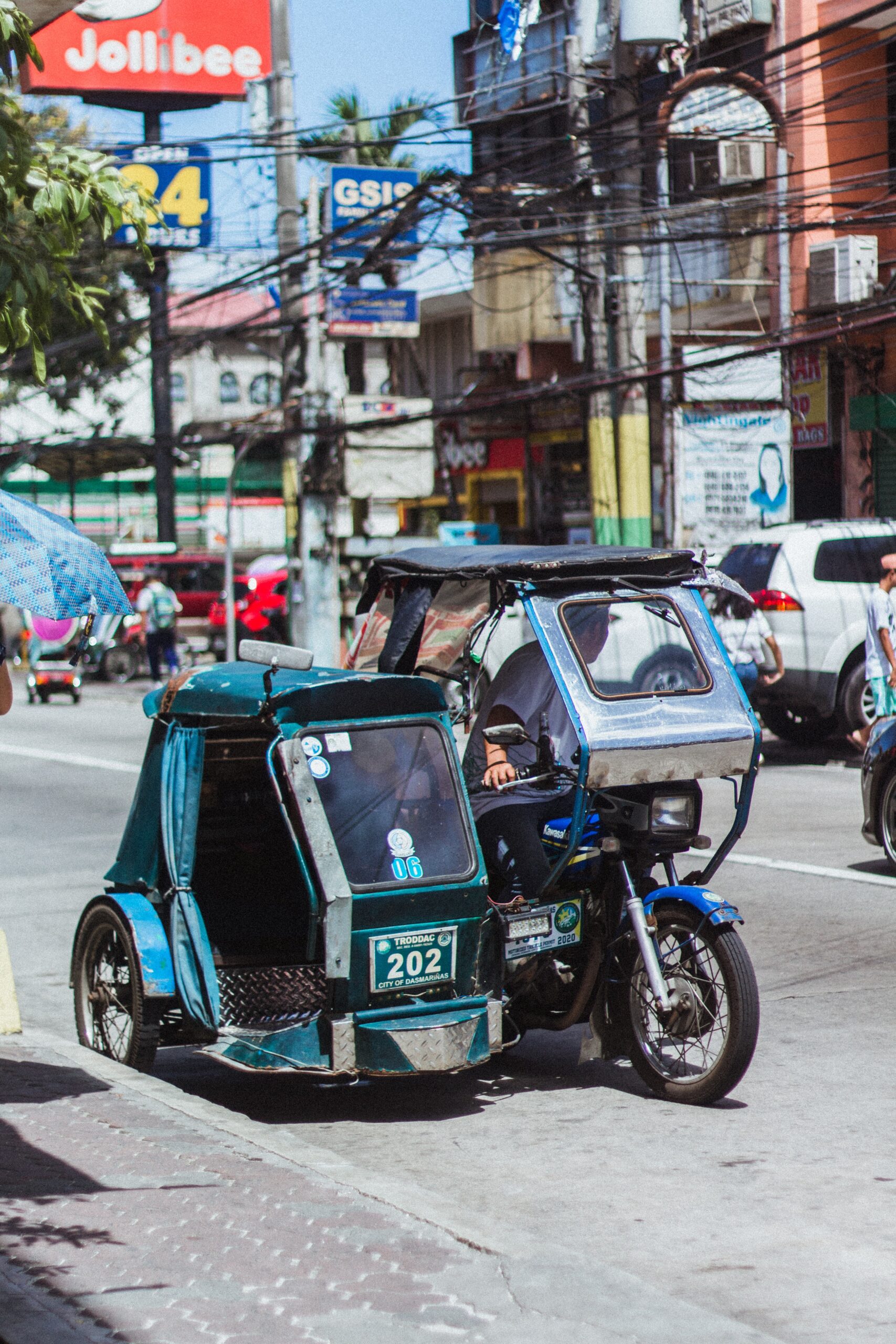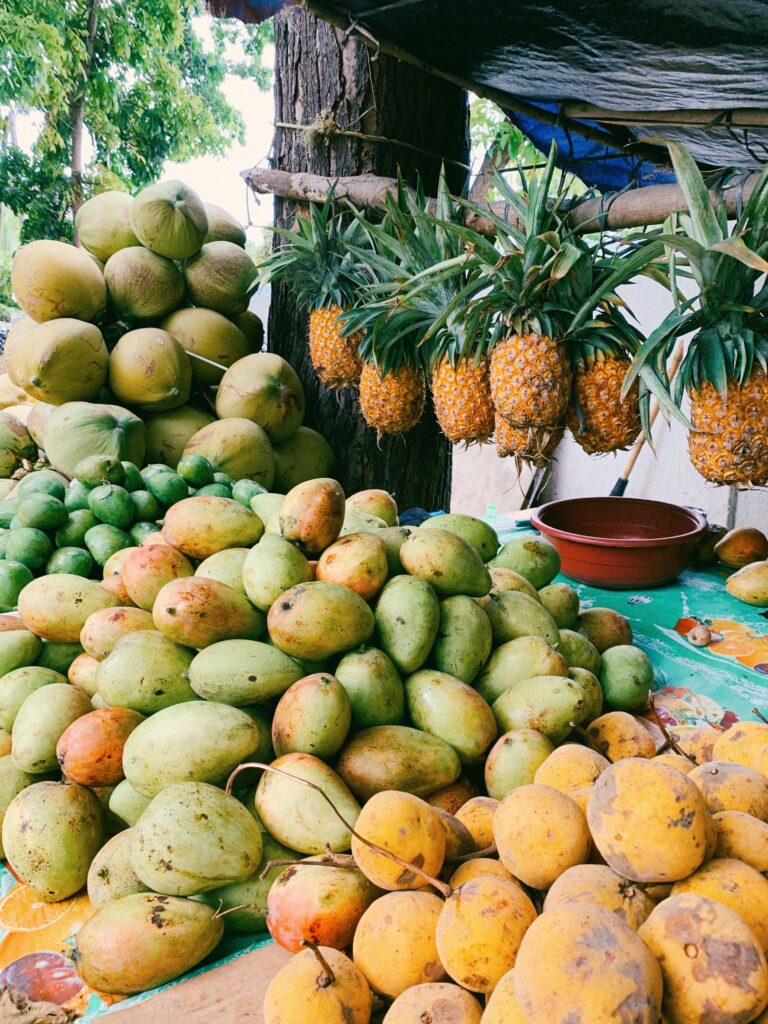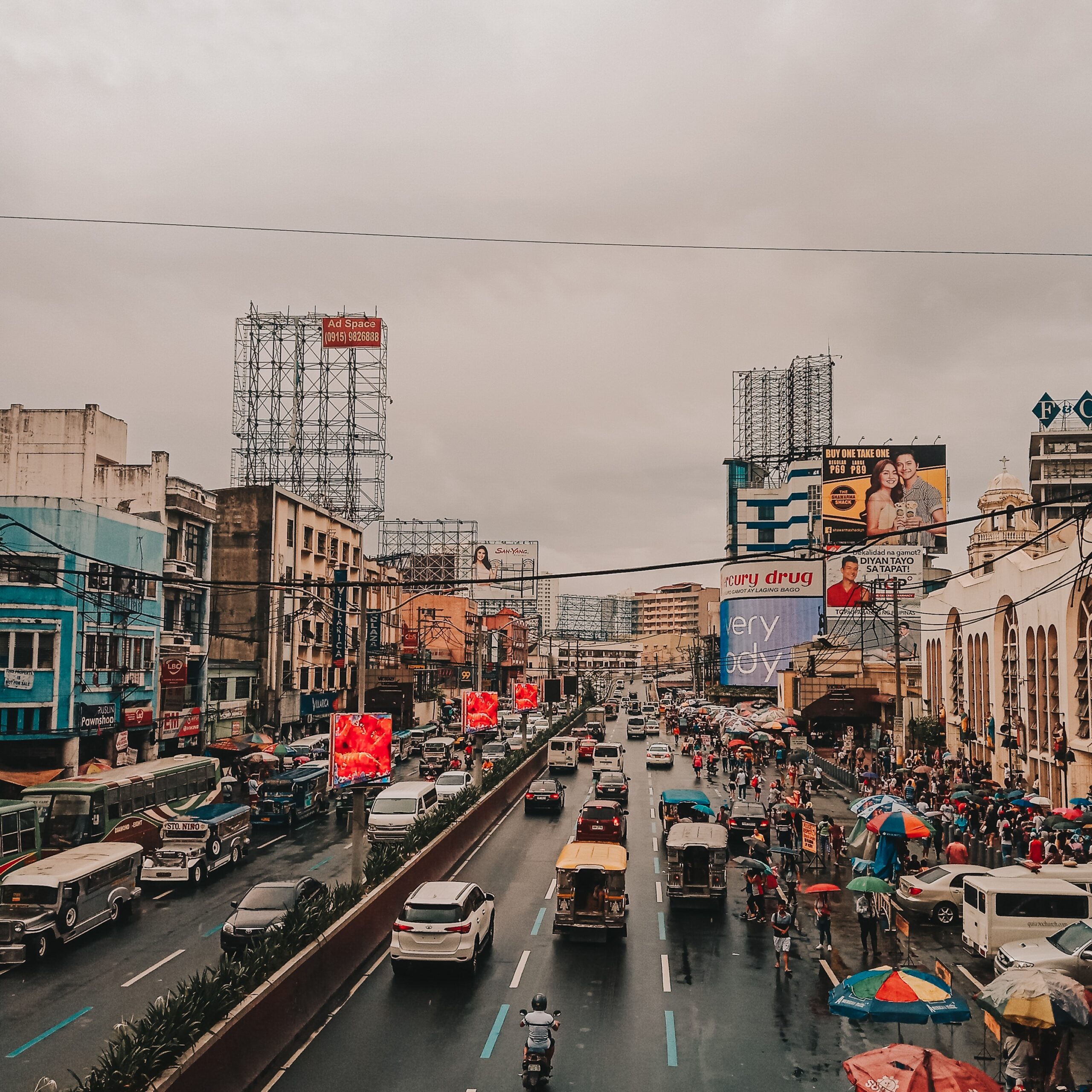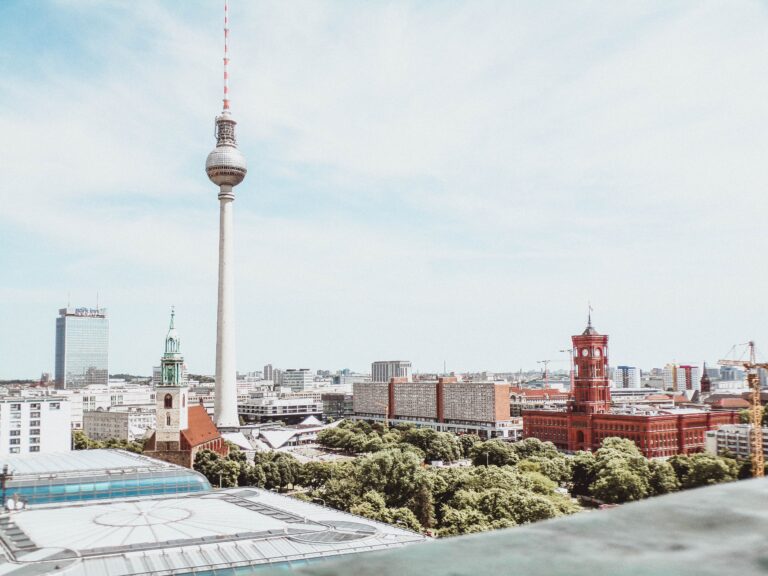Amazing Differences Between The Philippines And Germany
Aside from the spelling and weather, there are more amazing differences between Philippines and Germany which are really fascinating. It has been almost six years since I moved to Berlin, and I still reflect on the differences of each country. Sit back and relax while I share with you the unlikeness of these two countries.

Update: This post was written and published by the previous owner of this website. As the new owner of this site, I made some minor edits and changes to match my own writing and publishing style, in May 2023. However, I have left the information mostly in it’s original form. – Amy
So What Are the Differences Between Philippines and Germany?
Universities and Schools
Security
Even simple public elementary schools in the Philippines have men in white uniforms standing outside and inside the school grounds.
When I once visited some universities in Berlin, I noticed that everyone can really enter the gates and stroll around the schools without somebody asking if I am a student or not.
I even researched it on the Internet to support this observation, but I didn’t find anything indicating that schools and universities in Germany are heavily guarded. Yes, you probably think, of course, the Philippines is a very dangerous country. Having lived in the Philippines for over 20 years, I could answer it without any biased opinion.
Yes, it is dangerous but it doesn’t mean every part of the country is dangerous. Amazingly, the Philippines is in 91st place when it comes to the number of robberies per 100, 000 people, while Germany is in 45th place.
The Philippines is known to be a place of robberies, extortion and kidnapping, but you can also enjoy the country without getting hurt too.
Tuition
There are lower or no tuition fees in German universities. It is so surprising that universities in Germany offer low tuition fees.
Tuition ranges from €85-€291 for every semester in Germany whereas in the Philippines education is much more expensive ranging from 50,000 PHP-320,000 PHP for prominent schools in the Philippines or €892-€2000 per semester.
I studied Nursing in the Philippines and it cost 30,000-50,000 PHP per semester, which is equivalent to €535-€892 per semester. If you are thinking of studying in Germany and you’d like to have a German student’s visa, you can find a useful article here.
In fact, three of the top 10 universities in Germany for international students are even found in Berlin.
When it comes to German language schools, there’s slightly a difference too or maybe a huge difference when it comes to the pricing. I studied German for almost 7 months in the Philippines, within that period I attained a German B2 Certificate which I needed for my German application.
This study cost more or less 100,000 PHP or €1,785. I estimated the costs for everything like transportation, boarding house, food, language school tuition fee, the German exam, and other miscellaneous fees.
Of course, pricing depends on the school. While I was studying German in the Philippines, I heard a lot of times that my school is one of the best German learning schools in the Philippines. No, it’s not Goethe Institute. Sorry, folks!
I also researched some schools in the Philippines offering the German language, and I found out that TESDA offers selective languages for free including German. When it comes to studying the German language in the Philippines, I would say there are advantages and disadvantages same with studying in Germany.
Based on my comparison and own experience, studying German in the Philippines is way better for saving money. Take this one school in Germany, for example. The price starts at €149 and that’s only for a two-week intensive German class. I’m not sure if you could attain much language and learn much in two weeks’ time.
The only advantage I see if you decide to study German in Germany is you get to interact with the locals already and apply what you have learned in a language school right there in real life in real time.
What about teaching? Personally, I prefer a non-German teacher in teaching German. Of course, that is based on my personal opinions only.
School Systems
I have spent 15 years in a school in the Philippines, and the years spent in an individual in a school have changed now ever since the school system K-12 was signed by former President Aquino last May 13, 2013.
My mother was thankful that my younger sister has already said goodbye to high school before the school system was changed. She’s one of the lucky individuals who graduated from and entered college at the age of 15 or almost 16 before the K-12 system came.
In Germany, there’s a different school system and different types of schools. That is just one more of the differences between Philippines and Germany. You can read this article to learn more about the school system in Germany since I am still quite confused about understanding their school system.
Healthcare and Hospitals
More differences between Philippines and Germany comes with the German healthcare system. To be insured is an obligation of every individual who is a resident and working in Germany.
Germans take healthcare seriously and it’s very important to be insured whether by public or private insurance. Health insurance in Germany costs 9% of your monthly income, and that also depends on the type of your insurance and if you are married or with children already.
Check-ups and buying medicines and procedures which are not related to beauty enhancement don’t cost a lot if you are under any health insurance in Germany. Here’s an article for you to read more about the German healthcare system.
The Philippines has its own healthcare system called PhilHealth. I am not really familiar with it since I don’t have it in the first place. But what I commonly heard is it is expensive to get sick in the Philippines.
How About Working in the Medical Field in Germany?
As a nurse, I find it much better working in Germany as a nurse than in the Philippines. A novice nurse, a fresh graduate or a newly-passed nurse earns an average of €200-€250 while nurses earn much better wages in Germany.
The workload is also better in Germany, and we don’t exceed above 12-hours of duty as a nurse. Meanwhile, in the Philippines, nurses work for 16 hours continuously.
Transportation
In Germany, you can buy a normal monthly transportation ticket for €86 (the price was raised from €81 when I first arrived in Berlin) and that’s for the AB zone in Berlin.
You can use this ticket for buses, subways, trains, and trams. To understand more about the zones in Berlin, visit this site. If you are a newcomer in Berlin, you can also use a map which is not that hard to read. You can also use Google Maps which might be much easier for you if you’re traveling in Germany.
If you buy the ticket as a subscription, it would only cost €60/month, at the time of this writing. You get a ticket in plastic form but in order to get it, you need to have proof of your German address or Meldebescheinigung.
The Philippines has its own railway system too, but it’s only located in Luzon. I have experienced traveling with MRT and LRT, and I found it to be so stressful to travel with these railway systems. Thankfully, I didn’t have to do it every single day.
If Germany has trams and trains as a means of transportation, the Philippines has a unique method of transportation like tricycles and jeepneys.

Stores and Malls
Malls are closed on Sundays in Germany unlike in the Philippines. The malls are open Mondays-Sundays, and they’re even bigger than the malls in Germany. Since big stores and malls are closed on Sundays here, there are small open-late stores called Späti which are usually open at night.
Unfortunately, Sari-sari stores don’t exist in Germany. A sari-sari store is a small convenience store in the neighborhood and sari-sari means varieties.
And, of course, in Philippines, we are used to finding fresh produce whenever we wish.

Understanding The Differences Between Philippines and Germany Now?
Now you have a brief overview of both countries and can consider which suits you better. I wouldn’t say this country is better than the other country, it’s up to you to decide which is good and what is bad in the country. Are you a Filipino who wants to try living in Germany or a nurse wanting to work in Germany? Or maybe you have already made your big relocation? Did I miss any differences between Philippines and Germany? I’m sure there are still plenty of other differences! If you are an expat in a country, you can also share your experiences and observations in the comments below.
More Posts Similar to This One on the Differences Between Philippines and Germany
If you found some interesting information here about the differences between Philippines and Germany, you will want to explore our other Germany-based posts!
How I Studied German in 7 Months
When I Decided to Learn German





